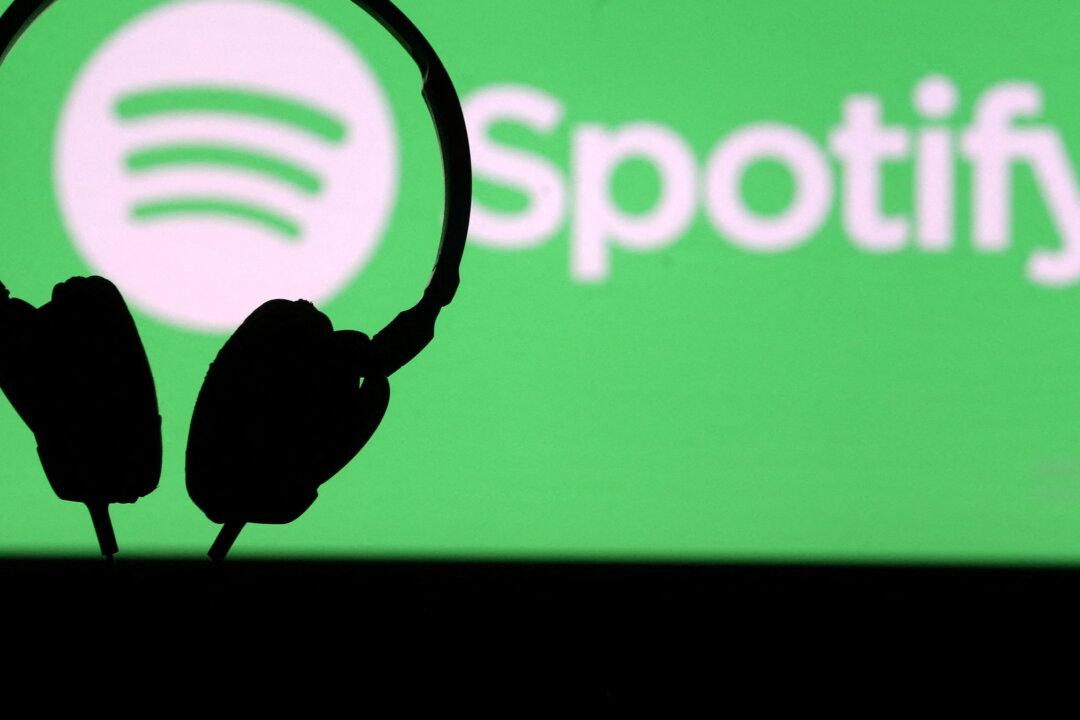Music streaming platform Spotify has no plans to completely ban content created by artificial intelligence (AI) despite removing a song featuring AI-cloned voices earlier this year, according to its chief executive.
In an interview with BBC News on Sept. 25, the platform’s CEO Daniel Ek acknowledged that the subject of using such technology in music will likely remain divisive for “many, many years.”




